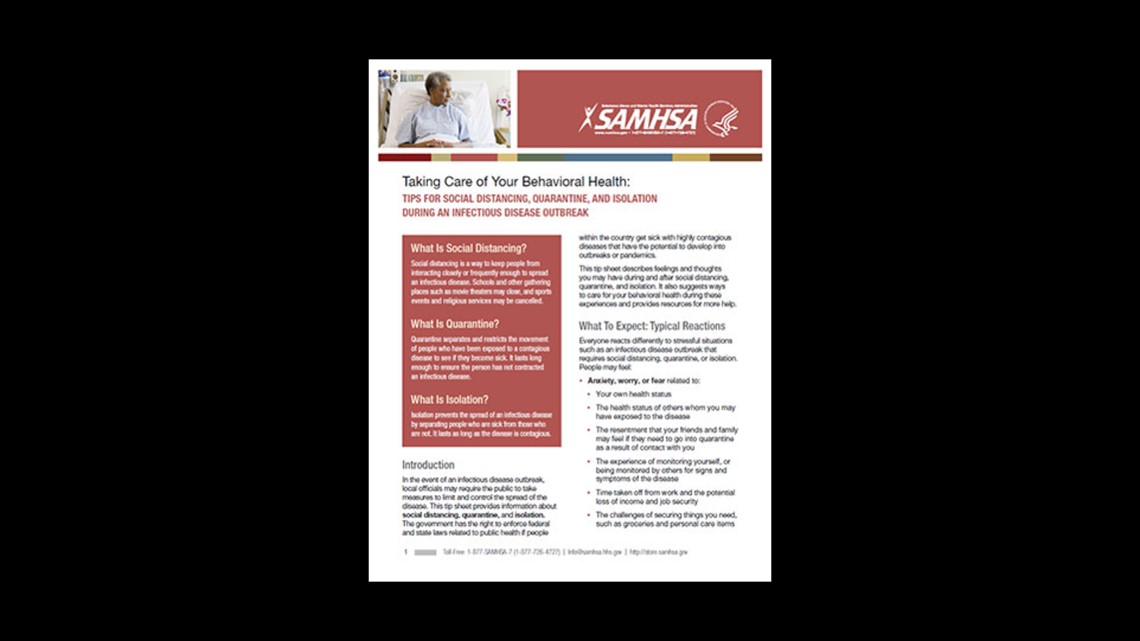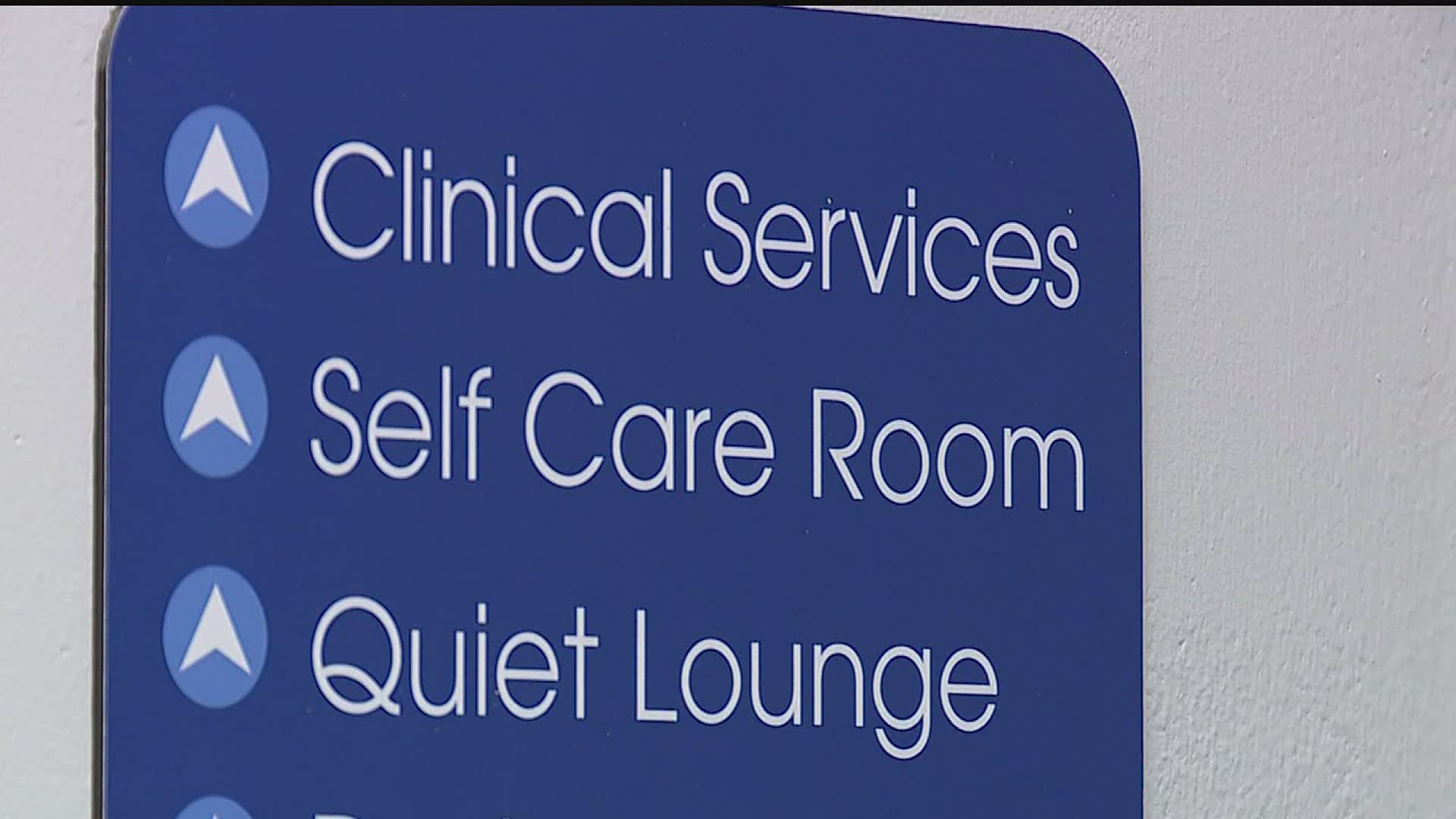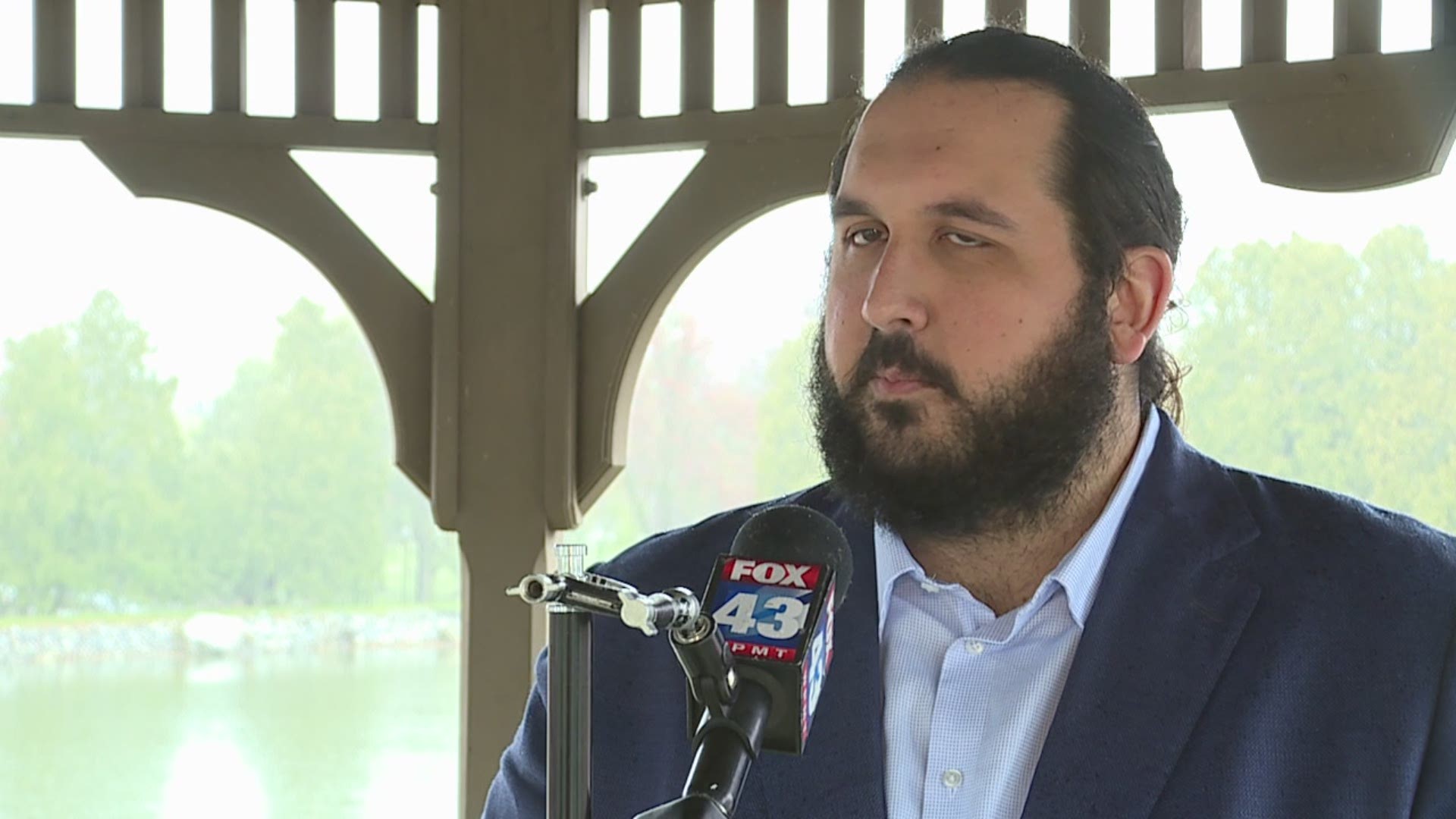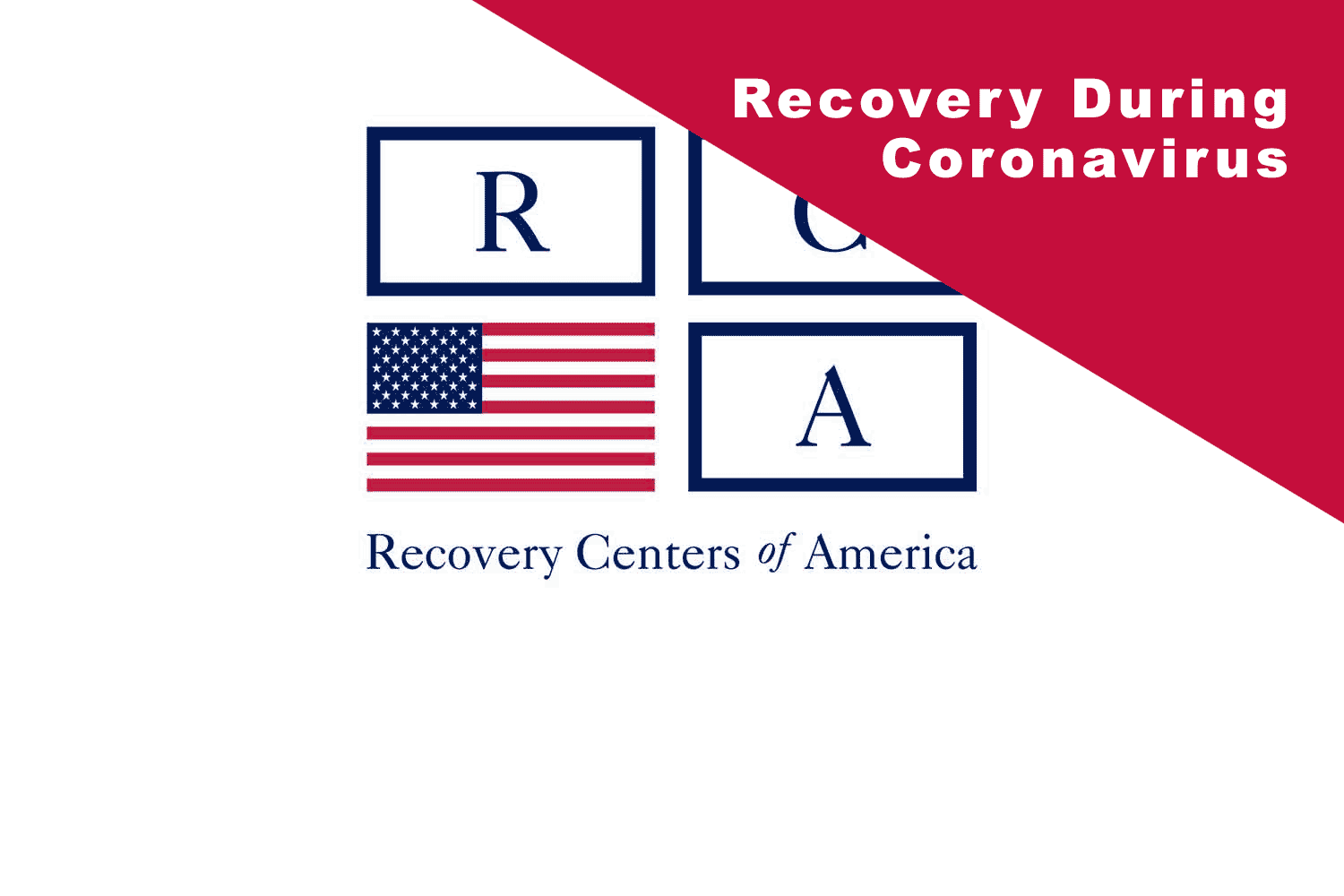LANCASTER COUNTY, Pa. — Many businesses may now be closed across the country, but addiction centers across Pennsylvania are open.
With so many people stuck at home, treatment advocates are both concerned and hopeful; they are concerned there could be more overdoses, but they say they are hopeful the people who were once reluctant to seek out help will now do so.
Many centers are still having people come through their doors for different services, but now, they're also utilizing video services, for both group therapies and one-on-one counseling.
"A lot of people definitely have some anxiety associated with the pandemic - just because it's something we've never seen. There's a lot of fear of the unknown," explained Chris Dreisbach, CEO of Blueprints for Addiction Recovery.
Because of that anxiety, now, more than ever, treatment advocates like Dreisbach say people need access to addiction counseling and therapy services. While there is concern there could be a spike in people using drugs or alcohol to cope, Dreisbach believes there is also new hope.
"I would venture to say that we could see a spike in people at least seeking treatment," he said.
His program, Blueprints for Addiction Recovery in Lancaster County, is open, but not all of its services are being offered in-person. Counselors are now occasionally communicating with patients through video chat and phone calls.
"We do still do in-person evaluations for people needing immersion services, and we do still have our partial hospitalization program running as well," explained Dreisbach.
"We have segregated neighborhoods, and all these neighborhoods we're allowed to have about, you know, 20 people on the floor, and they had their own nursing staff, different meal times," explained Emily Geyer with Recovery Centers of America.
Recovery Centers of America is also open. Treatment advocates like Michael Bernardo and Geyer are transporting patients all across Pennsylvania to their facility near Philadelphia, which offers medically monitored detox, in patient facilities, outpatient treatment, and more. You can read more about the steps it is taking to protect staff and patients from the spread of COVID-19 below.
"When times are scary, people drink to numb what's going on or to forget and it's also scary knowing that people might be isolating at home, people drinking by themselves and you know, they might not be getting checked on," explained Geyer.
"The opposite of recovery is isolation. Addiction allows us to isolate and if no one's finding out about it, things can get worse," explained Bernardo.
Both are hopeful they're helping to free up hospital beds for those in need because of COVID-19. Like Dreisbach, they also have faith in the fact that more people may take the time to seek treatment because they have more of it.
"There's a "global pandemic" going on. You should never be afraid to reach out and get the help that you need, because when this is over, you're still going to be here, and you're still going to need to live a happy free life when you're done," added Dreisbach.
Dreisbach encourages people who need addiction support services to give Blueprints a call at (717)-361-1660 or to check out its website at Blueprintsrecovery.com
The Substance Abuse and Mental Health Services Administration has created a list of ways for people to maintain their behavioral health.


The Centers for Disease Control and Prevention put out tips for people to cope with mental health and the anxieties associated with COVID-19. On its website, it reads, "The outbreak of coronavirus disease 2019 (COVID-19) may be stressful for people. Fear and anxiety about a disease can be overwhelming and cause strong emotions in adults and children. Coping with stress will make you, the people you care about, and your community stronger."
People who may respond more strongly to the stress of a crisis include:
- Older people and people with chronic diseases who are at higher risk for COVID-19
- Children and teens
- People who are helping with the response to COVID-19, like doctors and other health care providers, or first responders
- People who have mental health conditions including problems with substance use
If you, or someone you care about, are feeling overwhelmed with emotions like sadness, depression, or anxiety, or feel like you want to harm yourself or others call:
- 911
- Substance Abuse and Mental Health Services Administration’s (SAMHSA’s) Disaster Distress Helpline: 1-800-985-5990 or text TalkWithUs to 66746. (TTY 1-800-846-8517)
Stress during an infectious disease outbreak can include:
- Fear and worry about your own health and the health of your loved ones
- Changes in sleep or eating patterns
- Difficulty sleeping or concentrating
- Worsening of chronic health problems
- Increased use of alcohol, tobacco, or other drugs
People with preexisting mental health conditions should continue with their treatment and be aware of new or worsening symptoms. Additional information can be found at the Substance Abuse and Mental Health Services Administration (SAMHSAexternal icon) website.
Taking care of yourself, your friends, and your family can help you cope with stress. Helping others cope with their stress can also make your community stronger.
Things you can do to support yourself:
- Take breaks from watching, reading, or listening to news stories, including social media. Hearing about the pandemic repeatedly can be upsetting.
- Take care of your body. Take deep breaths, stretch, or meditate. Try to eat healthy, well-balanced meals, exercise regularly, get plenty of sleep, and avoid alcohol and drugs.
- Make time to unwind. Try to do some other activities you enjoy.
- Connect with others. Talk with people you trust about your concerns and how you are feeling.
Call your healthcare provider if stress gets in the way of your daily activities for several days in a row.
Source: CDC




